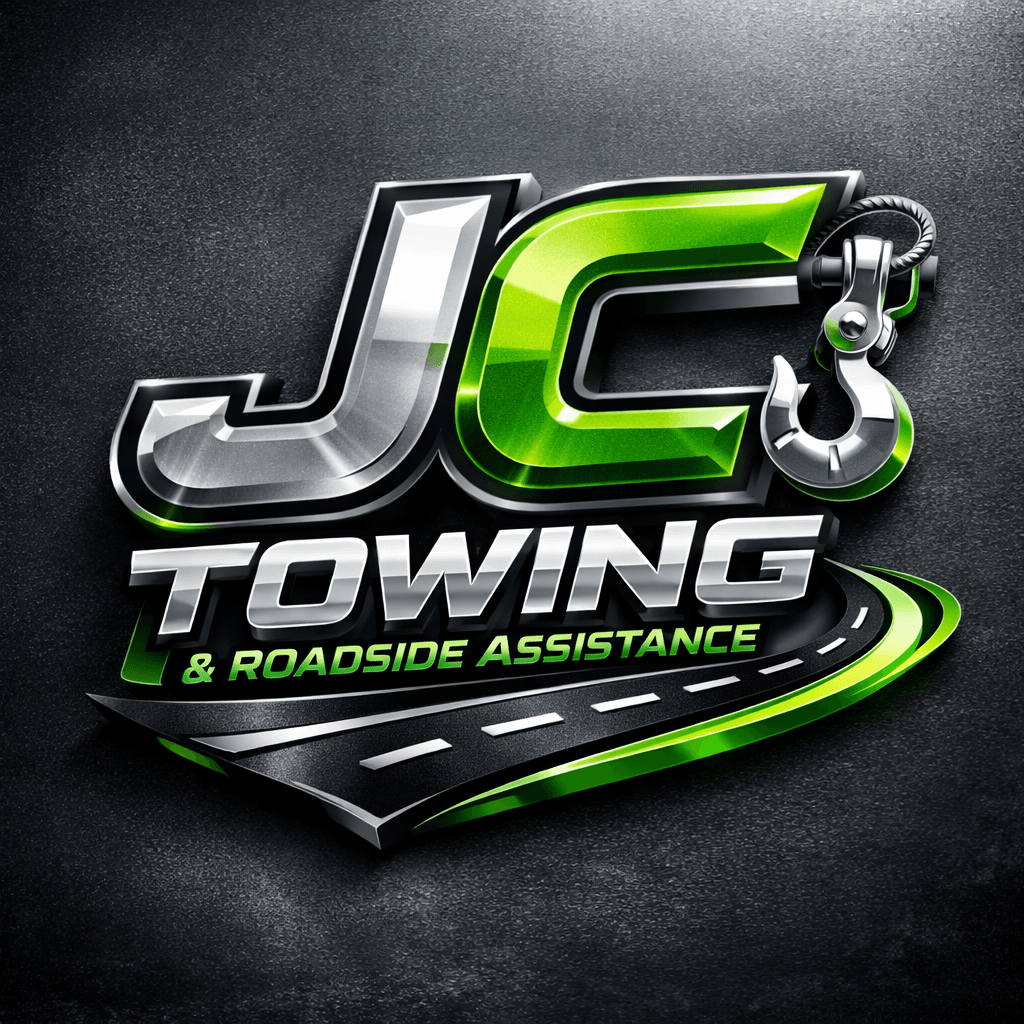Understanding Towing Regulations in Falls Church
Introduction to Towing Regulations
Falls Church, like many other cities, has a set of regulations governing towing practices to ensure the fair treatment of vehicle owners and the proper conduct of towing companies. Understanding these regulations is crucial for both residents and business owners to avoid unnecessary fines or disputes. This guide aims to shed light on the essential aspects of towing regulations in Falls Church.
Who Can Tow Vehicles?
In Falls Church, only licensed towing companies are permitted to tow vehicles. These companies must adhere to strict guidelines set by the city to ensure they operate within the law. The licensing process includes background checks and ensures that tow truck operators are qualified and equipped to handle vehicles safely.
Private property owners also have the right to tow vehicles from their premises, but they must follow specific procedures. For instance, there needs to be visible signage indicating that unauthorized vehicles will be towed at the owner's expense.
When Can Vehicles Be Towed?
Vehicles in Falls Church can be towed for a variety of reasons. Some common scenarios include illegal parking, blocking driveways, or posing a safety hazard. It's important to note that vehicles parked on private property without permission are also subject to towing.
Before a vehicle is towed from private property, there is typically a waiting period during which the vehicle owner can move their car to avoid towing. This waiting period varies depending on the property owner's discretion and local laws.
Towing Fees and Retrieval Process
Once a vehicle is towed, the owner will need to pay certain fees to retrieve it. These fees can include towing charges, storage fees, and any additional administrative costs. The city regulates these fees to prevent exorbitant charges by towing companies.
It's important for vehicle owners to know where their car is being held after towing. Towing companies are required to provide information about the vehicle's location and the process for retrieval immediately after towing.
Dispute Resolution
If a vehicle owner believes their car has been unjustly towed or they have been overcharged, there are systems in place for dispute resolution. The first step is usually to contact the towing company directly to address any concerns. If this does not resolve the issue, owners can file a complaint with local authorities.
The city encourages residents to be aware of their rights and responsibilities concerning towing practices. Keeping informed can help prevent disputes and ensure that if towing does occur, it is handled smoothly and fairly.
Conclusion
Understanding the towing regulations in Falls Church is essential for anyone who drives or owns a vehicle in the area. By familiarizing yourself with the rules and procedures, you can avoid potential issues and ensure compliance with local laws. Whether you are a resident or a business owner, staying informed helps protect your rights and contributes to a more harmonious community.
